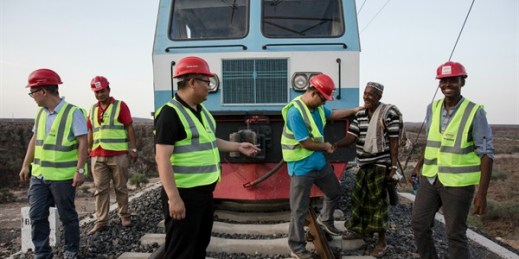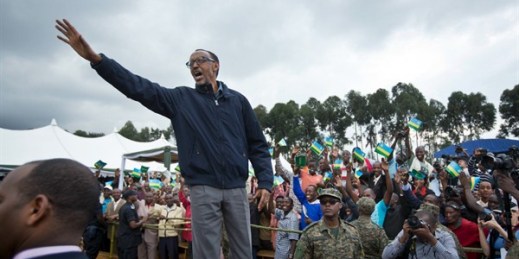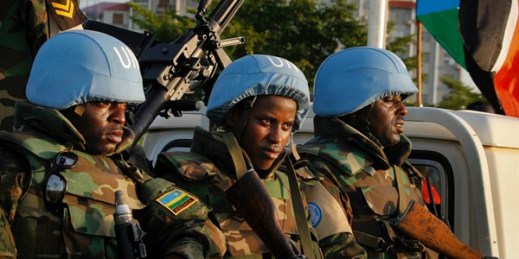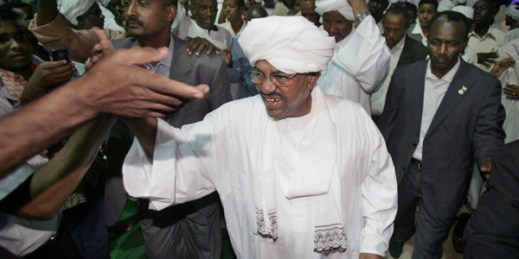
Last month, at the world’s largest mining investment conference, held this year in South Africa, Ethiopian officials emphasized their priority of developing their country’s mining sector, which currently contributes less than 1 percent to GDP. By 2025, they hope to boost that to 10 percent. If successful, Ethiopian officials believe that the mining sector could become the “backbone” of Ethiopia’s industry as early as 2023. In 2016, the Ethiopian government entered the second phase of its so-called Growth and Transformation Plan, an ambitious economic initiative that envisions Ethiopia becoming a middle-income country by 2025. A key component of the plan […]



